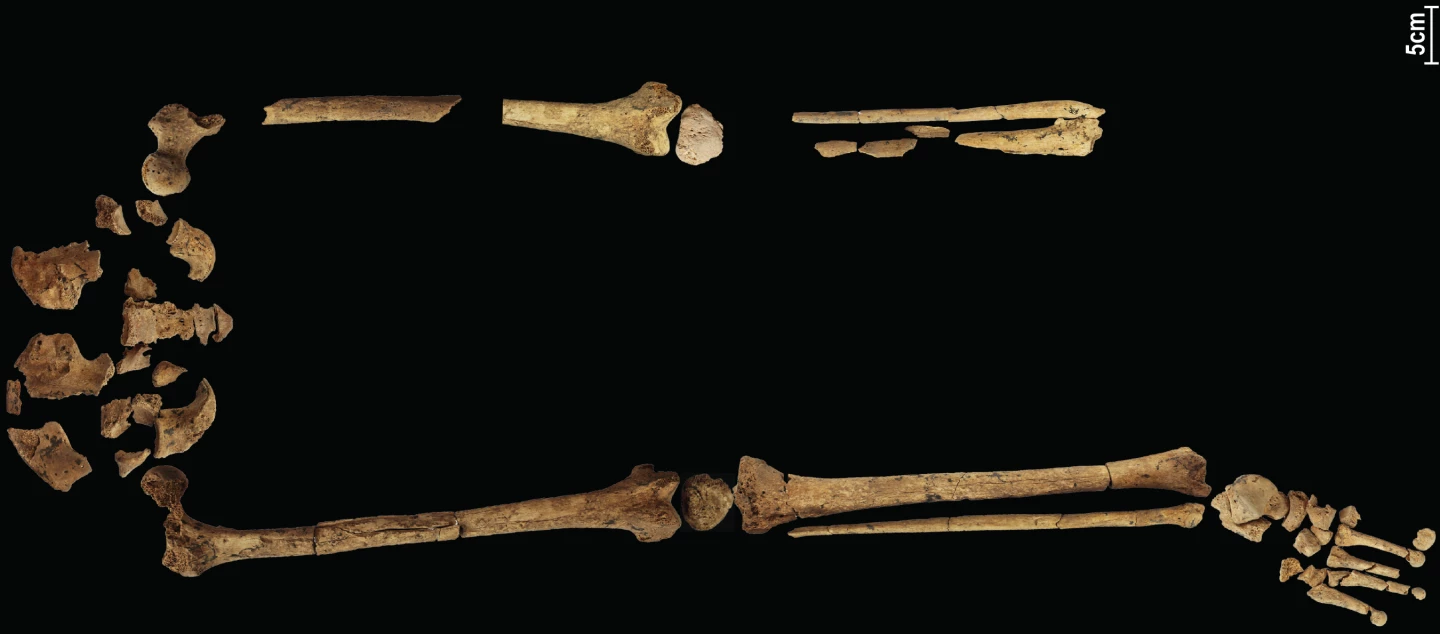Archeologists have discovered the oldest evidence of a surgical procedure in humans. A Stone Age hunter-gatherer, who lived more than 30,000 years ago, was found to have a carefully amputated leg, making it the earliest known surgery by tens of thousands of years.
The discovery was made in 2020 during an archeological excavation at Liang Tebo, a limestone cave on the island of Borneo. There, scientists found a human skeleton that was missing its left foot and the lower part of its leg.
But this wasn’t just a serious injury or bones that had gone missing port-mortem – on closer inspection by paleopathologists, growth patterns were found around the wound that indicated it had healed. This, the team says, suggests that the limb was deliberately amputated between six and nine years before the individual’s death.
“In fact, it was a huge surprise that this ancient forager survived a very serious and life-threatening childhood operation, that the wound healed to form a stump, and that they then lived for years in mountainous terrain with altered mobility – suggesting a high degree of community care,” said Dr Melandri Vlok, an author of the study.

Using a dating technique called electron spin resonance on the teeth, as well as radiocarbon dating on the sediment the remains were buried in, the team calculated that the individual had died about 31,000 years ago. That makes it the oldest known evidence of surgery in human history, by quite a margin.
It was previously thought that the first operation humans performed was trepanation, where a hole was drilled into the skull in the belief it would relieve a range of neurological problems. But the oldest evidence of this practice dates back “only” about 14,000 years, less than half the age of the amputation.
The team says that this complicated surgery – and its apparent success – indicates a far more sophisticated understanding of anatomy and infection prevention than we give Stone Age people credit for.
“What the new finding in Borneo demonstrates is that humans already had the ability to successfully amputate diseased or damaged limbs long before we began farming and living in permanent settlements,” said Professor Maxime Aubert, co-lead author of the study.
The team says that it’s unclear as of yet whether the people who lived in this region, which is now Indonesia, were way ahead of their time, or if it’s the first known example of a widespread, advanced medical knowledge. Future finds could help shed light on that question.
The research was published in the journal Nature.
Source: Griffith University via Scimex





